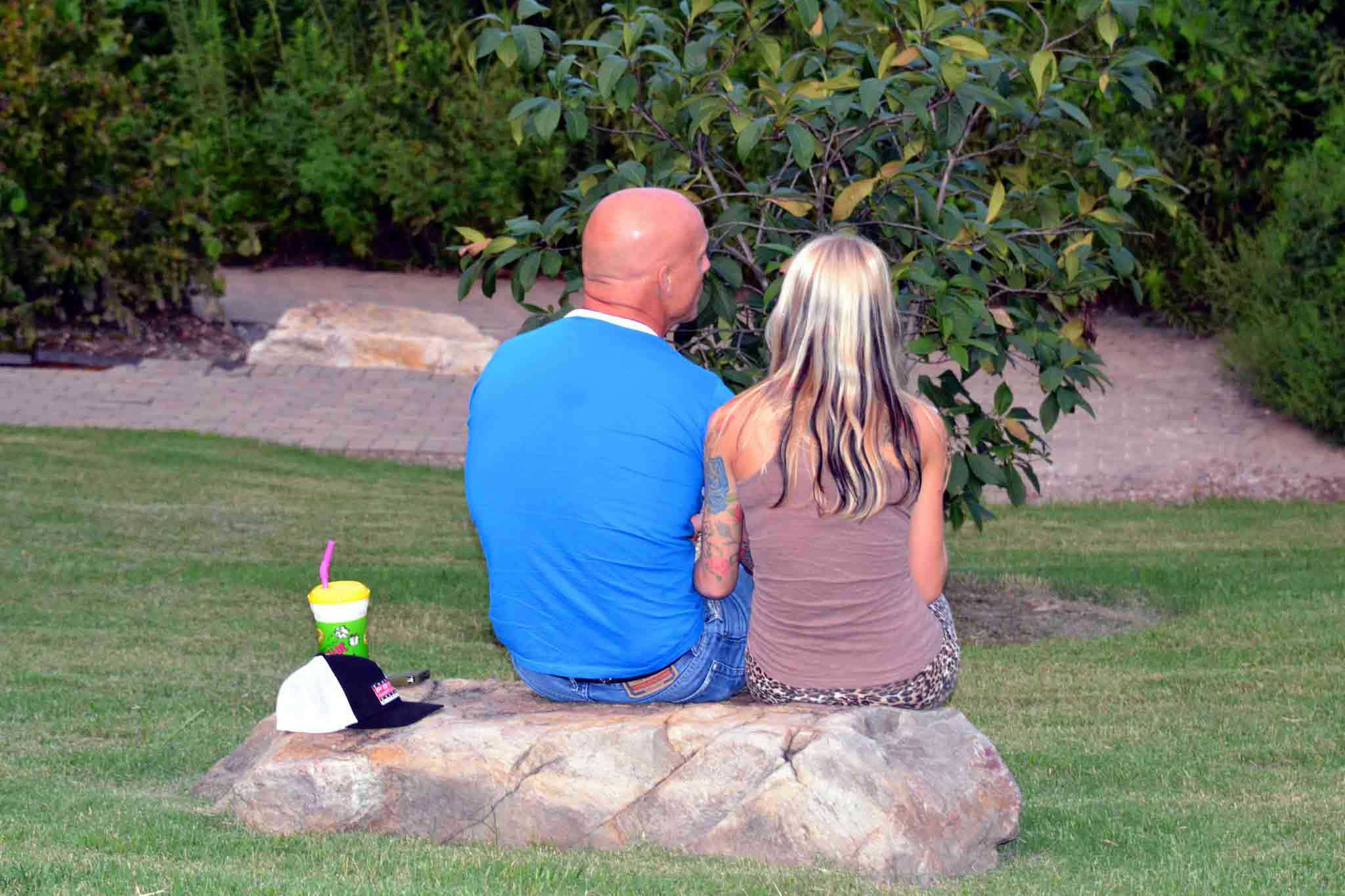A Christian Counselor Explains
 As a couple and family therapist, I believe that family therapy is the best option in many circumstances. Although there are times when individual or couple work is preferred, or more appropriate, I am convinced that family therapy has serious benefits. In this article, I want to introduce you to new possibilities and perspectives that are not always considered.
As a couple and family therapist, I believe that family therapy is the best option in many circumstances. Although there are times when individual or couple work is preferred, or more appropriate, I am convinced that family therapy has serious benefits. In this article, I want to introduce you to new possibilities and perspectives that are not always considered.
Over the past two years I have worked intensively with children and families experiencing multiple difficult issues all at the same time. These included death, divorce, medical issues, domestic violence, lifecycle transitions, and hoarding behaviors, just to name a few. Here are a few observations of what I have seen as a therapist.
Emotional Problems Do Not Occur in a Vacuum
Not long ago I worked with a young boy, let’s call him Jorge. He came to me because his parents said he was “so depressed he could not go to school anymore.” In our first session I learned that Jorge’s best friend Jonathan had died three weeks earlier from a massive asthma attack at school. There was no doubt that Jorge was experiencing depression. Jorge’s parents, with the best of intentions, asked me: “How can we just help him to get over it … you know, so life can get back to normal … the way it was before?” When I gently told them that “life will never be the way it was before” because someone Jorge loved had died, they asked what kind of medications could make him “normal again.” This is not an uncommon reaction and is understandable in so many ways. However, it makes some assumptions.
The first assumption is that all the symptoms we experience are exclusively rooted in and have their origin in our body. This is what is known as the medical model. All things have an exact cause, and can therefore be perfectly treated with the correct intervention or medication. The second assumption is that emotions such as sadness are bad. Because of this idea, it is common in our culture to medicate rather than to process emotions. While Jorge did benefit tremendously from a mild antidepressant, what helped him was a broader approach that examined his depression from a biological, psychological, and social perspective.
The Family Therapist Explores the Bigger Picture
 Family therapists tend to believe that problems are circular, not linear. This means that chronic difficulties tend to be influenced and maintained by many different things. In Jorge’s case, his family’s beliefs about grieving and anxiety was the number one factor keeping him stuck. Because the family rule was that boys don’t cry, Jorge had no idea what to do with his grief because nobody in the family would allow him to talk about it. This was compounded by his anxiety. Although he was extremely healthy, Jorge was now terrified that he too would have an asthma attack and die at school.
Family therapists tend to believe that problems are circular, not linear. This means that chronic difficulties tend to be influenced and maintained by many different things. In Jorge’s case, his family’s beliefs about grieving and anxiety was the number one factor keeping him stuck. Because the family rule was that boys don’t cry, Jorge had no idea what to do with his grief because nobody in the family would allow him to talk about it. This was compounded by his anxiety. Although he was extremely healthy, Jorge was now terrified that he too would have an asthma attack and die at school.
Had I agreed to work only with Jorge, I am convinced that I would not have gotten very far in therapy. What made the difference for Jorge was having the family come together and understand their role in keeping him from moving forward in the healing process. Both Jorge’s mother and his father realized that not allowing him to cry or feel sad was something they had learned from their parents. They also learned that forcing him to go to school only made his anxiety worse. What did help was taking him to the doctor for a physical exam and getting a note from the doctor stating that he was in good health. It was at this point that the family could be allies who supported Jorge, reminding him that dying of an asthma attack as Jonathan had done was highly unlikely. This gave him power over his fear and allowed him to process his pain so that life could move forward. Had I not worked with the whole family, I suspect that Jorge would have remained stuck in his anxiety and depression. I also suspect that his family would have been disappointed in waiting for me to fix him when he was not the one who needed to change. What needed to change was the cultural and family attitudes towards emotions and fear. This reinforces what psychology researchers have been saying for years: When we change just one member’s behavior and/or attitude, the whole family can and most often does change.
The Importance of the Family in Counseling
The family is God’s masterpiece within creation and the bond that allows a society to flourish. In Genesis, we read that God created them male and female so that they would not be alone and would multiply. Throughout the whole Bible we see the family as a positive and necessary component of being human in relationship to God. So, it is not surprising that humans heal better within the family and with community support. Psychology researcher Michael Nichols notes that in order to have a new story and new ways of interacting with each other, we must have families and communities that reinforce new stories and new behaviors. As family therapy pioneer Virginia Satir once stated:
Family life is something like an iceberg: most people are only aware of about one-tenth of what is going on — the tenth they can see and hear. Some suspect there may be more but they don’t know what and have no idea how to find out. Not knowing can set the family on a dangerous course. Just as a sailor’s fate depends on knowing that the bulk of an iceberg is under the water, so a family’s fate depends on understanding the feelings and needs that lie beneath everyday family events.
Christian Counseling Can Strengthen Your Family
As a Christian counselor, I am convinced that it is this understanding that can bring individuals to a place of healing within the God-ordained unit we call the family.
“Path Through the Forest,” courtesy of the author, Michael Lillie; “Group of People,” courtesy of Hans, Public Domain License, http://goo.gl/L5SYm9, All-free-download.com





